Neuroscience
Science behind the nervous system that is responsible for learning, memory, perception & behavior
Curriculum : Course Code - AT015
The course provides a comprehensive overview of cellular and molecular Neuroscience. We introduce core concepts and advances in the field of cognitive, behavioral, computational, and quantitative neuroscience. Recent developments in the field have provided new dimensions to study various aspects of neuroscience. Computational skills are increasingly required to understand the complex biology that can explain vast amounts of data generated via neural signals. We further focus on various neurological and neurodegenerative disorders that affect the brain, nerves, and spinal cord.
Highlights
- Cellular & Molecular Memory
- Learning, Encoding, Retrieval and Discrimination of memories
- Perception, decision-making and cognitive development
- The Mysteries of Sleep
- Toward the Molecular Substrate for "Sleepiness"
- Introduction to systems and computational neuroscience
- Neuronal Mechanisms of Value-Based Decision-Making
- A Brain-Machine Interface Approach
- Neurological/psychiatric disease mechanisms.
Introduce topics & technologies like
- Neurodegenerative diseases
- Behavioral studies.
- Pain
- Neuromodulators
- Neuroscience of psychedelics
- Aging
Career counseling about an increasingly wide range of available careers, including research (academic & Pharmaceutical company based), teaching, Medical practitioners, to name a few.
We will further discuss new career profiles in the field of neurology and neurosciences with industry professionals.
Activities & Credits
Students learn to make high quality science posters & hone their presentation skills.
Learn to draft scientific write-ups with clear and convincing narratives.
Outstanding students also get opportunities for long-term projects with mentors.
Recent Student Projects in Neuroscience
Forgetting to Remember: Memory Dysfunction in Alzheimer's Disease
https://elioacademy.org/evangeline-leung
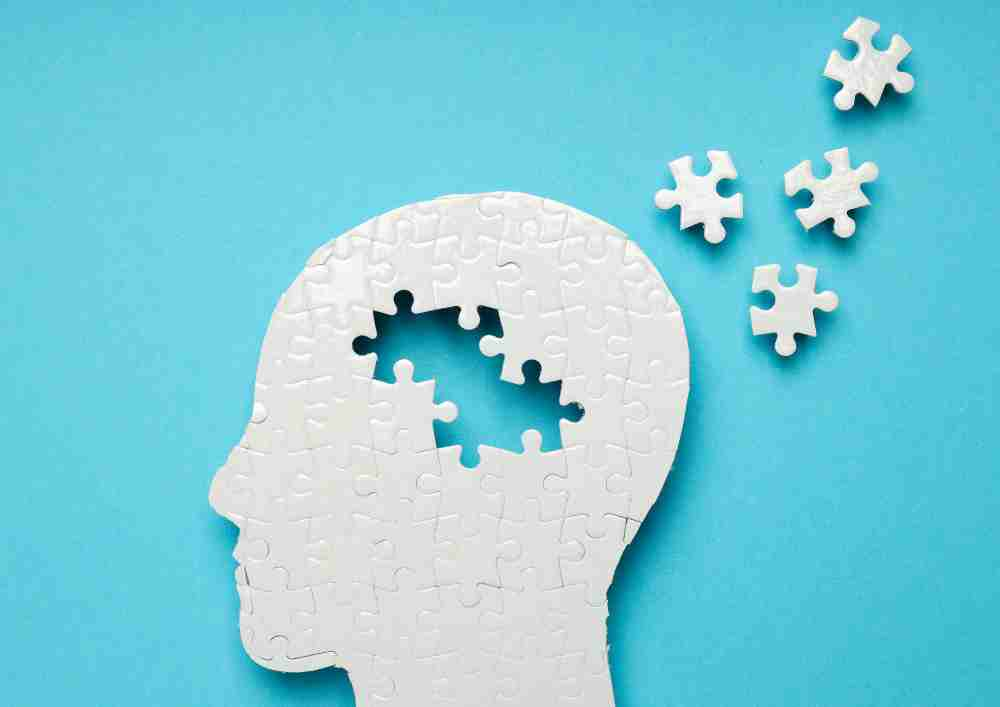
Evangeline Leung
(Cheltenham Ladies' College)
There are complex underlying neurobiological mechanisms for memory formation, retention, and the pathological forgetting associated with Alzheimer's disease (AD). Memory formation involves encoding, storage, and retrieval processes facilitated by synaptic plasticity, which allows neurons to strengthen or weaken their connections based on activity. In Alzheimer's disease, this process is disrupted, leading to significant memory loss and cognitive decline.
Genetics of Epilepsy
https://elioacademy.org/adina-almakhambetova

Adina Almakhambetova
(NIS PhM Almaty)
Epilepsy is a chronic noncommunicable brain condition that affects approximately 50 million people worldwide. Its main symptom is recurrent seizures, which can be brief bursts of involuntary movement impacting a specific part of the body (partial) or the entire body (generalized). Seizure episodes occur due to excessive electrical discharges in clusters of brain cells. These discharges can originate from various brain areas.
Parkinson’s Disease: Challenges & Progress
https://elioacademy.org/annika-thakur

Annika Thakur
(Oak Park High School)
Parkinson's Disease is the second most common neurological disorder after Alzheimers. It is estimated to affect one million people in just the United States, and $14 billion is spent annually treating it. Also , ten million people are estimated to suffer from Parkinson's Worldwide. Parkinson's is a chronic and progressive disease that persists and worsens over time.
Parkinson’s Disease
https://elioacademy.org/isabella-zarzar

Isabella Zarzar
(Carlmont High School)
Parkinson's disease is a progressive disorder of the nervous system that affects various regions of the brain, notably the substantia nigra, a region responsible for controlling balance and movement. The development of this disease is a result of a complex interplay of environmental and genetic factors, possibly involving multiple components that contribute to its onset.
Impact of CAR T-Cell Therapy on Cancer & Future Developments
https://elioacademy.org/talha-waleed
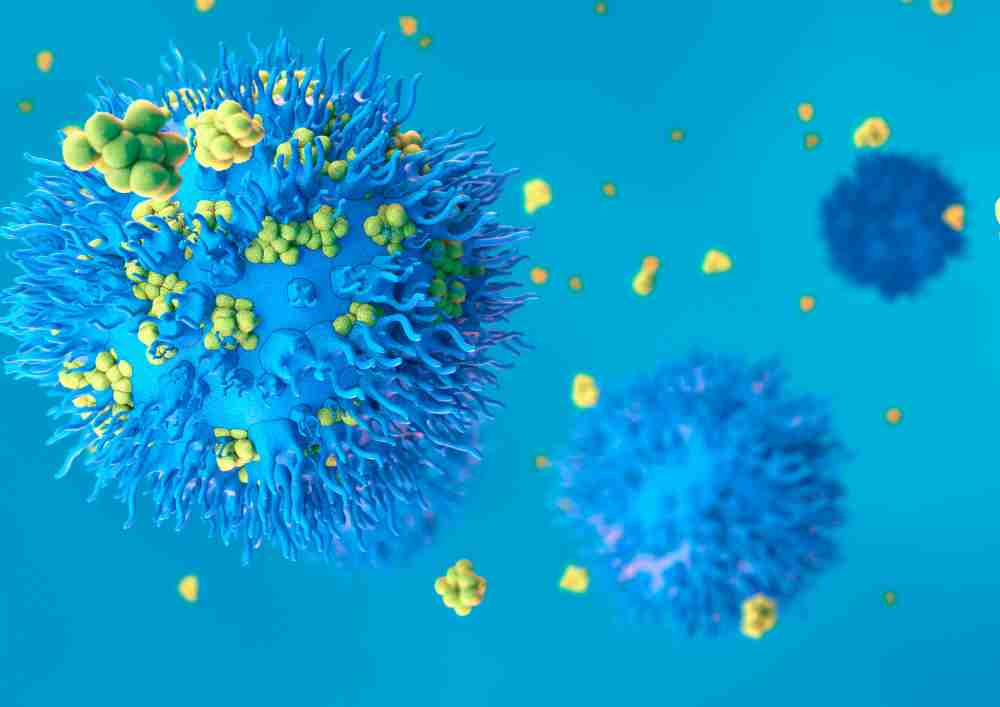
Talha Waleed
(Bridgewater-Raritan High School)
CAR T-cell therapy is an innovative form of immunotherapy that genetically modifies a patient’s T-cells to target and destroy cancer cells with high specificity, offering hope for long-term remission, particularly in hematological cancers.
Parkinson’s Disease
https://elioacademy.org/arjun-chunduri

Arjun Chunduri
(Diablo Vista Middle School)
We explore the progressive neurological disorder that primarily affects motor functions due to the degeneration of dopaminergic neurons in the brain. Symptoms include tremors, bradykinesia, and stiffness, with the disease often linked to a combination of genetic and environmental factors.
Concussions
https://elioacademy.org/sera-lee
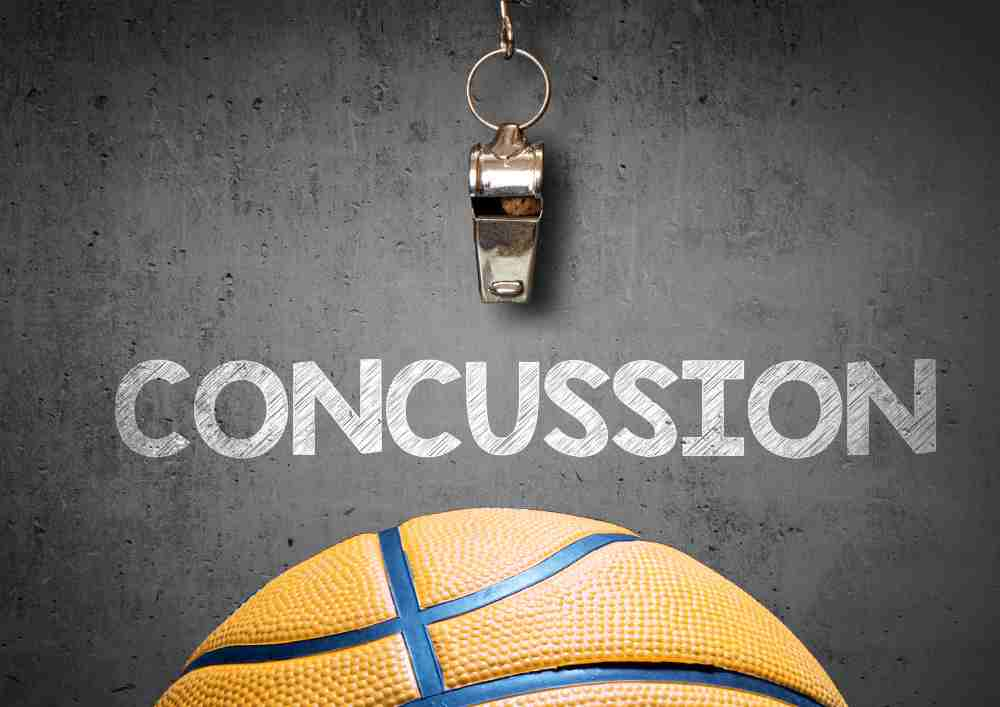
Sera Lee
(Harbin Wanbang School)
Concussions are mild traumatic brain injuries resulting from direct head trauma, such as sports injuries, falls, or automobile accidents. These injuries cause the brain to collide with the skull, leading to neurological changes that manifest as physical, cognitive, and emotional symptoms. The project emphasizes the importance of proper diagnosis and treatment, including rest and gradual return to activity, to prevent further damage, such as Second Impact Syndrome (SIS).
Cerebral Palsy: An Overview
https://elioacademy.org/stanley-tang
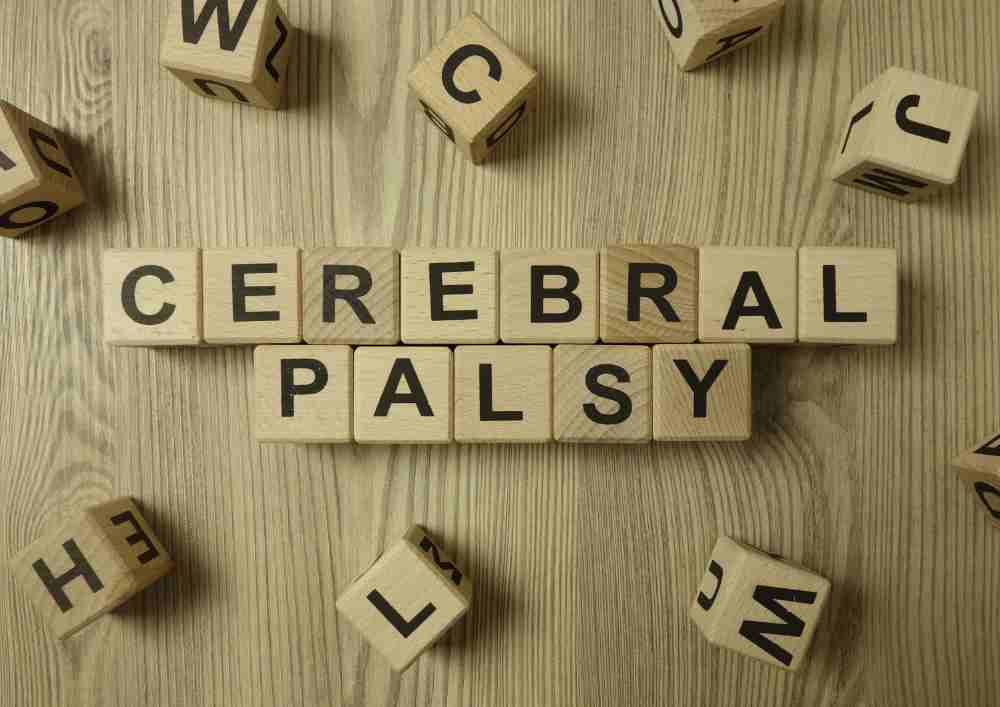
Stanley Tang
(Palo Alto High School)
Cerebral Palsy (CP), a neurological disorder affecting motor functions and muscle coordination, often diagnosed in infancy or early childhood. CP results from abnormal brain development or damage, with possible genetic and environmental causes.
Concussions
https://elioacademy.org/lauren-yang

Lauren Yang
(Bridgewater-Raritan High School)
This study is an in-depth overview of concussions, focusing on their causes, symptoms, diagnosis, and treatment. Concussions are mild traumatic brain injuries resulting from direct head trauma, such as sports injuries, falls, or automobile accidents. These injuries cause the brain to collide with the skull, leading to neurological changes that manifest as physical, cognitive, and emotional symptoms.
Impact of COVID-19 on Screen-time & Results in Adolescent Cognitive Behavior
https://elioacademy.org/anel-mishelova

Anel Mishelova
(Astana Bilim Innovation Lyceum for Gifted Girls)
We examine the effects of increased screen time on adolescents during the COVID-19 pandemic. The shift to online learning led to a significant rise in screen time, with average usage increasing from 2.67 to 4.38 hours per day. This extended exposure has been linked to adverse cognitive and mental health outcomes, including premature brain aging, anxiety, depression, and reduced attention spans. The study highlights the development of Internet Addiction Disorder (IAD) in some adolescents, which further exacerbates these issues by disrupting neural connections and brain function.
Memory Dysfunction in Alzheimer's Disease
https://elioacademy.org/hyolyn-yang
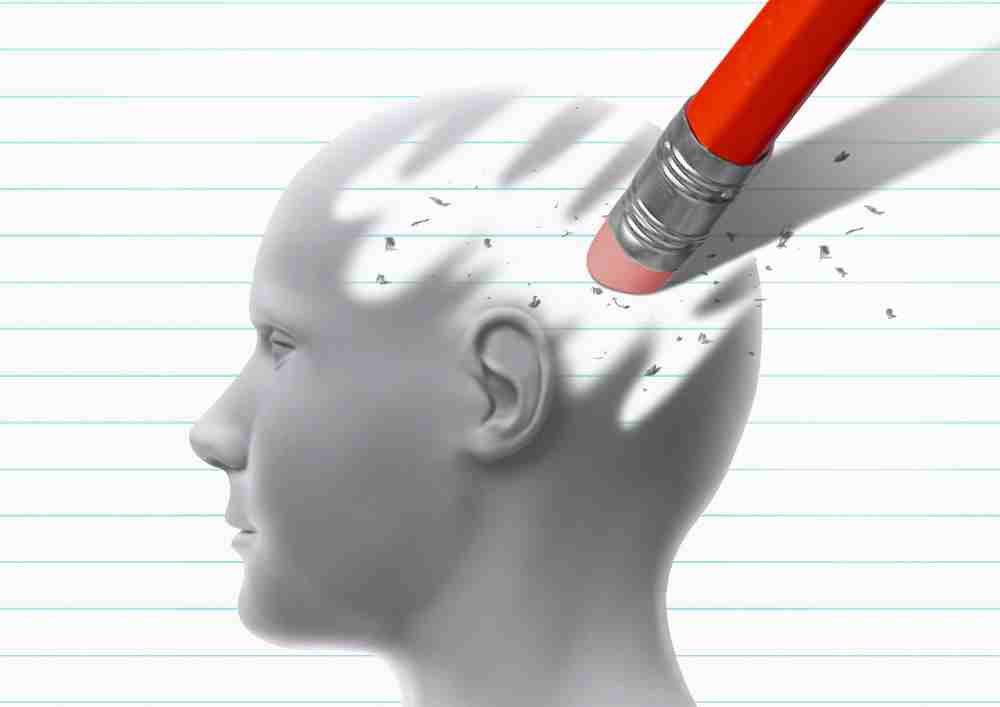
Hyolyn Yang
(Lake Washington High School)
Alzheimer's is characterized by the accumulation of beta-amyloid plaques and neurofibrillary tangles (NFTs) in the brain, which disrupt neural communication and lead to cell death. The hippocampus, crucial for memory, is particularly affected, leading to early symptoms like memory loss and confusion.
Impact of COVID-19 on Screen Time and Results in Adolescent Cognitive Behavior
https://elioacademy.org/riziki-chabeda

Riziki Chabeda
(North Carolina School of Science and Mathematics)
We examine the effects of increased screen time on adolescents during the COVID-19 pandemic. The shift to online learning led to a significant rise in screen time, with average usage increasing from 2.67 to 4.38 hours per day. This extended exposure has been linked to adverse cognitive and mental health outcomes, including premature brain aging, anxiety, depression, and reduced attention spans. The study highlights the development of Internet Addiction Disorder (IAD) in some adolescents, which further exacerbates these issues by disrupting neural connections and brain function.
Navigating the Emotional Rollercoaster: Puberty's Hidden Impacts on the brain
https://elioacademy.org/shravani-sagar-wani
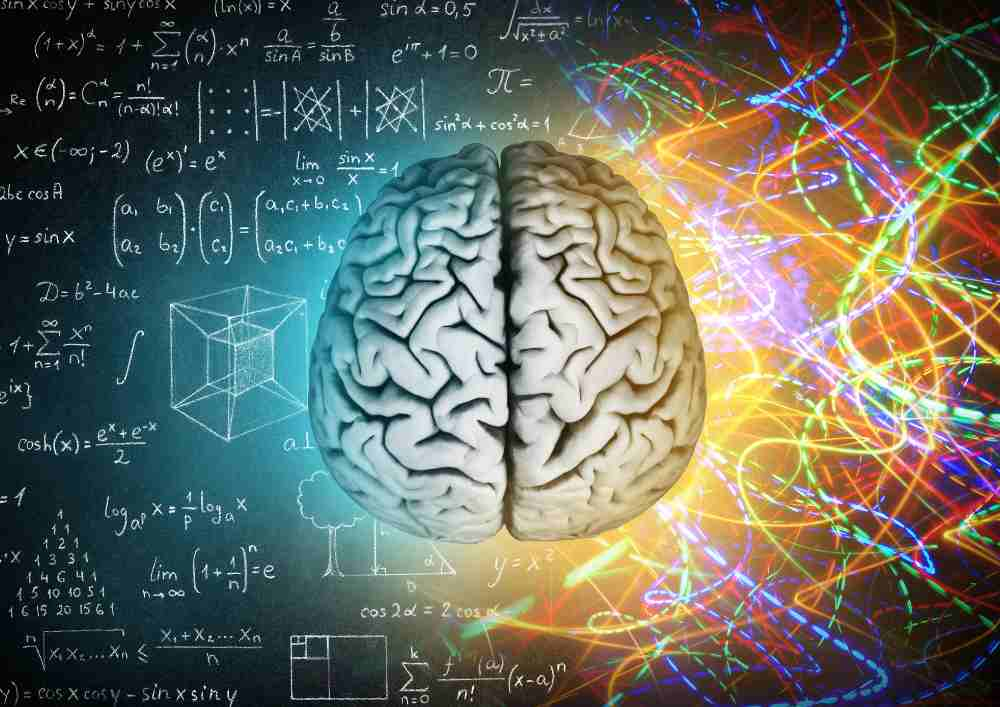
Shravani Sagar Wani
(Conestoga High School)
Profound changes occur in the brain during puberty and have immense effects on emotional regulation and social behavior. Puberty triggers significant hormonal changes, particularly with estrogen and testosterone, leading to the maturation of the prefrontal cortex and increased activity in the limbic system. This results in heightened emotions, impulsivity, and shifts in decision-making processes. The research delves into how neurotransmitters like dopamine and serotonin influence emotions such as happiness, anger, and sadness.
Puberty's Hidden Impacts on the brain
https://elioacademy.org/yaanaa-garg

Yaanaa Garg
(Navrachana International School)
Puberty triggers significant hormonal changes, particularly with estrogen and testosterone, leading to the maturation of the prefrontal cortex and increased activity in the limbic system. This results in heightened emotions, impulsivity, and shifts in decision-making processes. The research delves into how neurotransmitters like dopamine and serotonin influence emotions such as happiness, anger, and sadness.
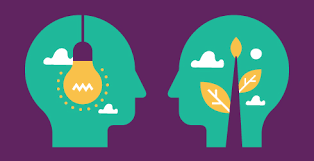
WANT TO WORK ON YOUR OWN PROJECT ?
Apply to ELIO mentored projects in Genetics, Neuroscience, Medical Data Science, Biochemistry (Click Here)